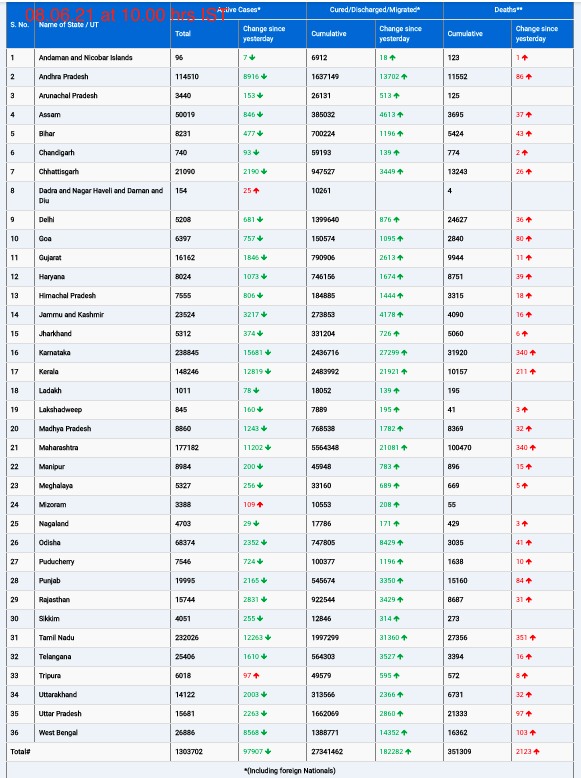A comprehensive 20-year analysis published in BMJ Open has revealed concerning trends in the quality of evidence submitted to the National Institute for Health and Care Excellence (NICE) for informing decisions on treatments. The analysis found that over half of the clinical data submitted was of poor quality, with no improvement observed over the two-decade period.
NICE plays a critical role in advising the NHS on the clinical and cost-effectiveness of various technologies, relying on robust evidence to make informed recommendations. However, the study’s findings indicate persistent challenges in the quality of evidence submitted by manufacturers for health technology appraisals.
Researchers systematically reviewed all of NICE’s active technology appraisals published between 2000 and 2019 to assess the quality of clinical evidence submitted. They analyzed data from independent assessment group reports and final appraisal determinations, focusing on the quality of randomized controlled clinical trials and overall evidence submitted.
Of the 409 technology appraisals analyzed, including evaluations of pharmaceutical products, medical devices, therapies, and surgical procedures, the researchers found that two-thirds of appraisals had poor or unacceptable overall evidence quality. Comparative clinical evidence and quality of life data were also frequently deemed poor or unacceptable.
The analysis revealed that even when clinical trials were conducted well, the evidence often lacked suitability for decision-making in the NHS context. Comparator data did not always reflect the UK population and routine treatment pathways, highlighting significant limitations in the evidence submitted.
Moreover, the researchers noted a lack of clarity in methodologies used by manufacturers for systematic reviews and indirect comparisons, further compromising the quality of evidence.
Despite the increasing importance of evidence-based decision-making in healthcare, the study found no improvement in the quality of evidence submitted to NICE over the 20-year period, indicating a concerning trend in the generation of clinical data.
The researchers emphasize the need for concerted efforts to strengthen the generation of high-quality evidence both pre-market and post-market entry. They suggest greater collaboration between health technology assessment bodies, payers, and stakeholders to ensure the submission of robust evidence to inform NICE’s decision-making framework.
While acknowledging limitations in their study, including the subjective grading system used for evaluating evidence quality, the researchers underscore the urgency of addressing the ongoing challenges in evidence generation to enhance the effectiveness and reliability of NICE recommendations.
The full study, titled “Assessment of Quality of Data Submitted for NICE Technology Appraisals Over Two Decades,” can be found in BMJ Open.









